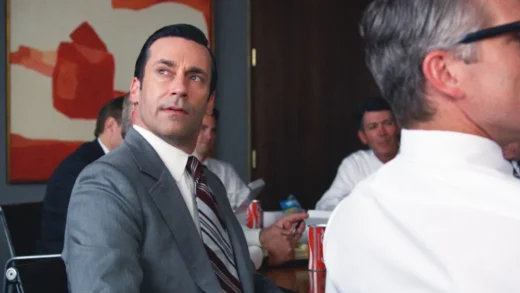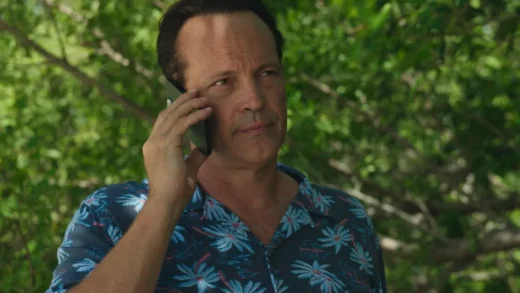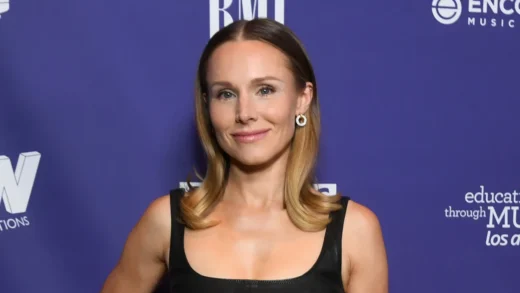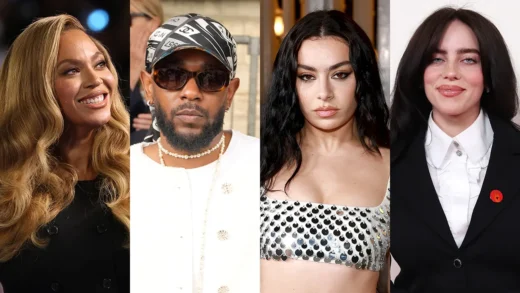The #MeToo movement has been embraced by legions of women as a vital step toward countering widespread sexual abuse and misconduct. This week, more so than at any point in the movement’s brief history, there’s visceral discussion about its potential for causing harm.
The catalyst was the publication by Babe.net of an account by a woman identified only as “Grace” detailing her 2017 encounter with comedian Aziz Ansari. The article intimated that Ansari deserved inclusion in the ranks of abusive perpetrators, yet many readers — women and men — concluded the encounter amounted to an all-too-common instance of bad sex during a date gone awry.
Ansari has said he apologized immediately after the woman told him about her discomfort during an encounter he believed to be consensual.
“Too many women have joined #MeToo too quickly and unthinkingly,” said Carole Lieberman, a Beverly Hills psychiatrist and author of the relationship books “Bad Boys” and “Bad Girls.”
“Though they may have wanted to be in solidarity with other women, the stories of dates gone wrong or women scorned have detracted from women who have been raped or seriously sexually assaulted,” she said.
A conservative analyst, Carrie Lukas of the Independent Women’s Forum, said Ansari “believed that everything that occurred with his accuser was consensual and welcomed.”
“His reputation is now in tatters,” Lukas wrote in an email. “Is that really fair?”
Online and in person, many women are talking about experiences comparable to Grace’s account — encounters with men who initially seemed wonderful, but turned pushy, if not criminally abusive, when things became sexual.
Sarah Hosseini, who writes about sex for Bustle, Romper, Scary Mommy and Ravishly, said the #MeToo movement might actually benefit from the Grace/Ansari controversy, and that the movement is big enough to encompass another layer in the discussion.
“There is some really murky and confusing sexual territory here that we haven’t really talked about yet collectively as a society,” she wrote, adding that the woman’s account in Babe was “disgusting and cringe-worthy.”
“What she experienced with Ansari is not OK. But do we have language yet for intimate encounters that teeter on the edge of absolute sexual assault/abuse?” she wondered. “I don’t think we do. We’ve lived in a misogynistic world with misogynistic sex for so long. We thought this “bad sex” was normal. Until someone spoke up and said, this is NOT normal. This is not OK.”
(Excerpt) Read More in: The Washington Post




